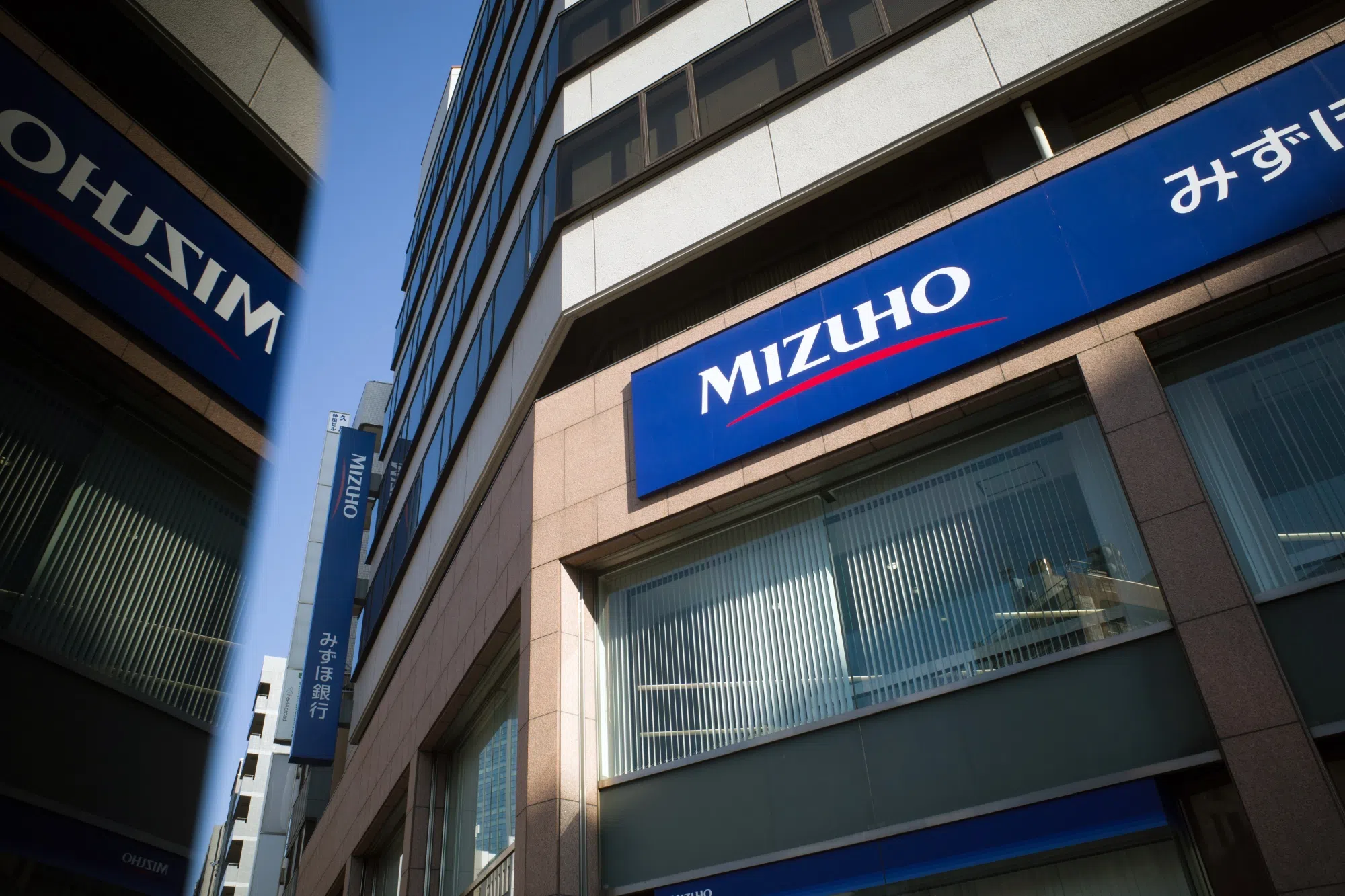MIZUHO Financial Group is preparing for short-term market disruptions if investors’ predictions of a soft landing in the US prove wrong, by stocking up on easy-to-sell assets such as Treasuries.
Market players appear overconfident that US policymakers will be able to tame inflation without causing a recession, Kenya Koshimizu, co-head of global markets at Japan’s third-largest lender, said in an interview last week.
To lessen the impact from any shocks including a US economic slump, Mizuho has been buying Treasuries, US government agency bonds and other assets that are easier to sell or hedge against price falls, Koshimizu said. The bank has offloaded collateralized loan obligations and other credit products from its US$280 billion securities portfolio, he said.
“Expectations of market participants are a bit too concentrated on a soft landing,” Koshimizu said. “That makes the markets vulnerable if any signs of hard landing emerge or the economy picks up steam again.”
Investors have become even more convinced that the US economy will avoid a recession in recent days. Ten-year US Treasury yields have risen to around 4 per cent after strong jobs figures last week diminished expectations for outsized interest-rate cuts.
Market participants are closely watching what Mizuho and other lenders in the nation will do with their combined US$1.8 trillion portfolio after the Bank of Japan started raising interest rates this year. Speculation that Japanese investors will sell off some of the US$4.4 trillion they parked in overseas assets and bring home those funds has roiled global markets in the past.
BT in your inbox
Start and end each day with the latest news stories and analyses delivered straight to your inbox.
“We need to be flexible. Our current strategy is to concentrate on highly liquid products,” Koshimizu said, adding that the bank is also buying exchange traded funds of Japanese and overseas stocks.
He said it’s “extremely unlikely” that Japanese banks will carry out a big repatriation of funds even if they dive back into the Japanese government bonds (JGB) market, because they have ample cash already in their home market.
“Our rice chest is full,” he said, referring to yen funding. Instead of selling overseas assets, “we can put to use the yen we have on hand,” said Koshimizu, who joined a bank in 1990 that merged with two other firms to form Mizuho in 2000.
Despite potential market gyrations ahead, Mizuho is bullish on the nation’s long-term prospects and Koshimizu expects the BOJ to eventually raise the policy rate to around 2 per cent from 0.25 per cent now.
With manufacturing activity reviving and deflation ending, “Japanese assets are likely to be favoured,” he said. “Japanese stocks are a very good product in the medium to long term, despite short-term volatility.”
In the JGB market, Japanese banks are expected to replace the BOJ as major buyers as the central bank has started winding down its massive debt buying programme. Private-sector lenders’ JGB holdings fell to about 10 per cent of all outstanding notes in recent years from around 40 per cent before the central bank began its radical easing policy in early 2013, as they shunned the tiny or even negative interest rates.
At Mizuho, JGB holdings stood at 13.5 trillion yen (S$123 billion) as of the end of June, but most of them were short-term discount bills. It also owns 17.2 trillion yen worth of foreign bonds, with a large portion held in US securities.
Koshimizu said it’s too early to start buying JGBs at a full swing, noting the 10-year note’s yield hasn’t reached a “fair value” yet, even when it hit a 13-year high at 1.1 per cent earlier this year.
Mizuho may make a “tactical entry” into the JGB market for trading gains if US economic conditions get worse than expected and yields slide further, Koshimizu said.
He said he isn’t so worried about young JGB traders’ lack of experience with rising rates in Japan. “We rotate staff between yen rates and those of other currencies. Rates go up and down in foreign rates,” he said. “I think they can adjust.” BLOOMBERG




